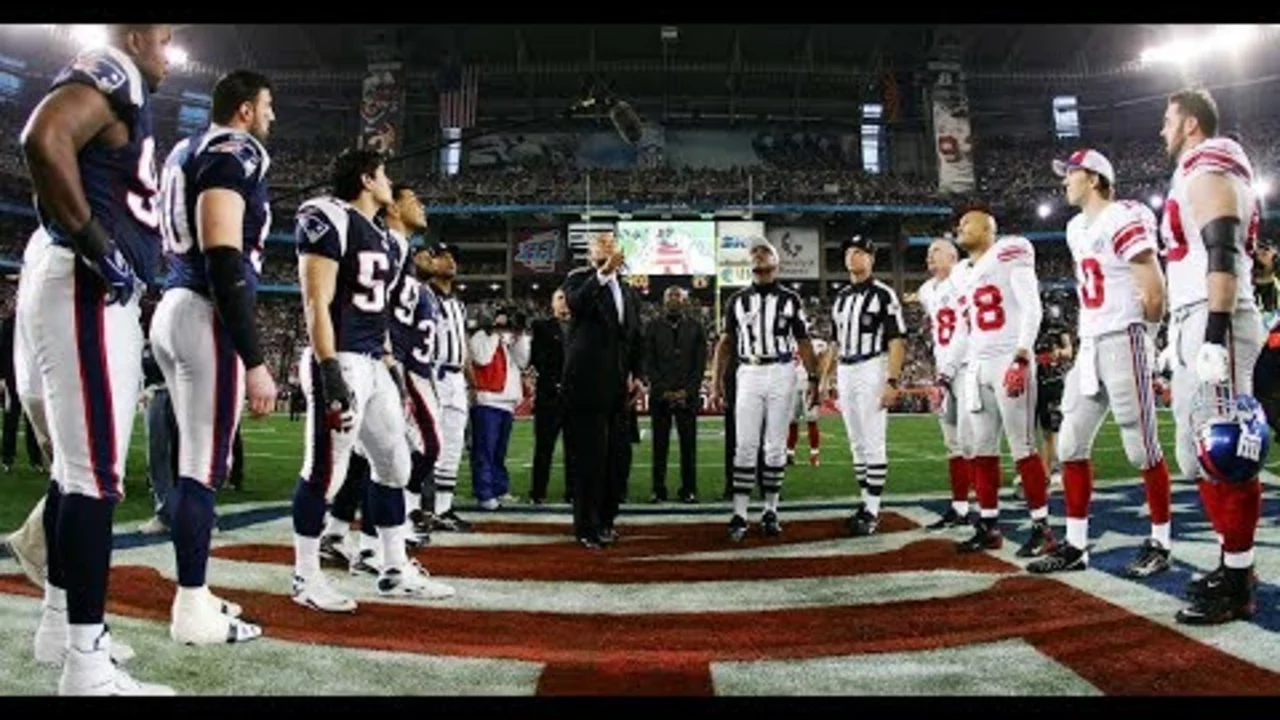Why We Keep Asking: The Real Reasons Behind Sports Headlines
Ever wonder why a cricket match ends in a surprise win or why a new health trend pops up among athletes? You’re not alone. Fans, players, and even broadcasters ask the same questions. This page pulls together the most popular "reasons" articles on World Cup Hub UK so you can get straight answers.
Match Results and Game‑Changing Factors
When Pakistan smashed Oman by 93 runs at the Asia Cup, the obvious reason was a big score from Mohammad Haris. But there’s more. A disciplined bowling attack, smart field placements, and the decision to bat first all added up. In handball, Sweden’s win over Slovenia boiled down to a standout first half and a goalie who forced the other team into mistakes. These pieces show why a single player can’t carry a win alone – it’s a mix of tactics, momentum, and a bit of luck.
Health, Lifestyle, and Fan Culture
Snus and nicotine pouches have quietly entered the football locker room. A Loughborough study found one in five English footballers trying them for perceived focus boost. The real reason? Social pressure and the belief that a small stimulant helps performance, even though health experts warn of serious risks. On the other side, many wonder why Monday Night Baseball vanished from ESPN. The simple answer: the network reshuffled its schedule to chase higher‑rated shows, leaving the baseball slot on the chopping block.
Fans also ask why certain sports dominate a continent. In Europe, basketball sits just behind football in popularity. The reason? Growing club leagues, televised games, and a fast‑pace that appeals to younger audiences. Similarly, the buzz around this year’s FIFA World Cup comes from new stadium tech, packed fan zones, and a lineup of star players making every match feel like a party.
Even the “witching hour” on NFL Sundays has a clear reason. As games wind down, playoff spots are on the line, so the league schedules the most critical matchups in that window. It’s a drama move that keeps viewers glued to their screens when it matters most.
Some questions dive into the business side. Why do NFL teams practice at different locations? The answer is simple: varied field conditions, climate training, and a chance to scout opponents in unfamiliar settings. It’s a small edge that can turn a close game into a win.
Match‑fixing fears often target sports with fewer participants and heavy betting, like boxing. The reason is the one‑on‑one nature and judges’ influence, making it easier to manipulate outcomes compared to team sports where many variables dilute control.
When it comes to city sports culture, places like New York, Los Angeles, Chicago, and Boston host all four major leagues. The reason? Large populations, big media markets, and historic franchise success attract owners and fans alike.
Even jersey retirements spark debate. Should the NFL retire Tom Brady’s number 12? The reason to consider it is his record‑breaking career; the reason against is preserving the honor for truly rare cases.
All these examples share one thread: every headline has a deeper why. By breaking down the reasons, you get a clearer picture of what drives scores, trends, and decisions in the sports world. Keep browsing our tag page for more straight‑to‑the‑point explanations that cut through the noise.
Why does the Super Bowl always start at odd times?
As a sports fan, I've always wondered why the Super Bowl always starts at unusual times. It turns out, it's all about maximizing viewership. The NFL strategically places the kick-off time to accommodate both East and West Coast viewers, often opting for a late afternoon or early evening start. This ensures that most viewers are off work and can tune in, boosting ratings. So, while it may seem odd to some, the unusual start time of the Super Bowl is a well-thought-out decision.
